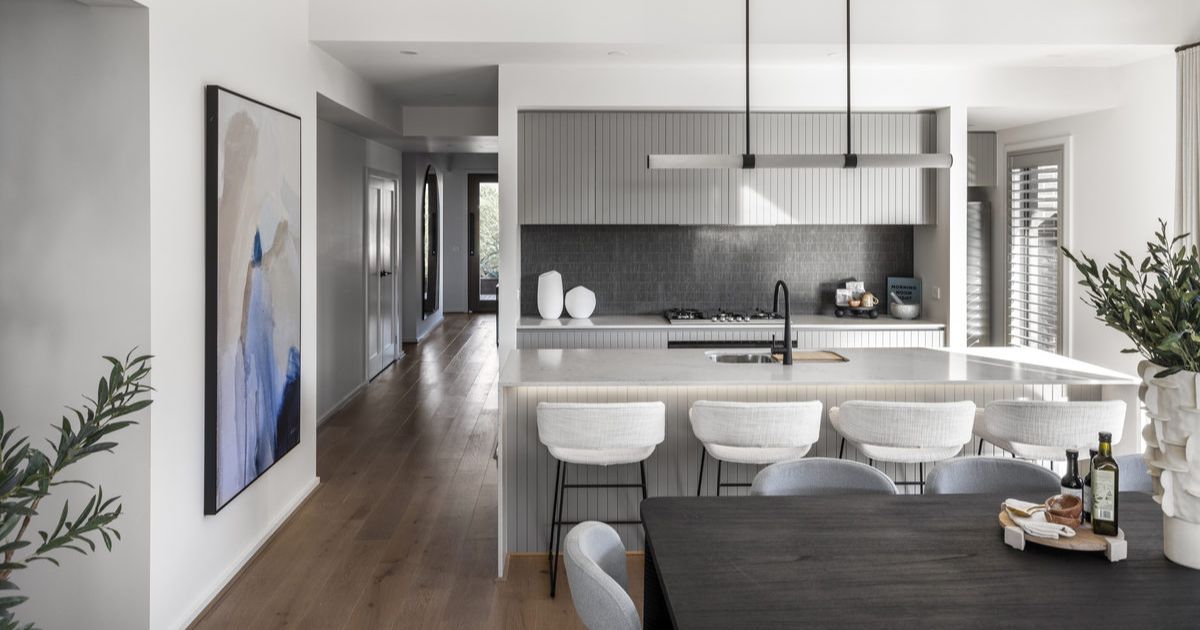Gentle landing forecast for housing super cycle

While the national economy remains strong and unemployment low, the HIA envisage that the bottom of this next cycle will not be sharp, deep or sustained.
The volume of detached home building and renovations activity has been exceptionally strong for the past 18 months, initially driven by HomeBuilder and now being supported by strong employment conditions, low interest rates and accelerated household formation.
HIA chief economist Tim Reardon said that all this has driven a ‘super cycle’ of housing activity across Australia that will ensure that the industry continues to operate at capacity through 2022.
“Detached home building activity remains well above historical peaks,” Mr Reardon said.
“The key feature that will mark the turning point in this cycle will be a rise in interest rates. When interest rates inevitably increase, it will reduce households borrowing power.”
Slower house price growth will see banks increasingly reluctant to lend for the construction of a new home and have a negative effect on consumer confidence.
Mr Reardon said that regardless of the timing of an increase in the official cash rate, effective interest rates have started to rise and will lead to the same outcomes.
“Inflationary pressures are very evident in the home building industry where the cost of land, labour and materials are increasing at rapidly,” he said.
“These rising costs have not yet had a significant adverse impact on demand for new homes, as established house price growth has exceeded these cost increases.”
As established house price growth slows and access to finance tightens, these rising costs will further impede demand.
The adverse impact of slower population growth for two years will also emerge as weaker demand for new detached homes from 2023.
Mr Reardon said that despite this slowing in demand for new homes over the coming years, if the national economy remains strong and unemployment low, the bottom of this next cycle will not be sharp, deep or sustained.
“It is expected that the number of detached homes commencing construction will slow through 2022/23 and reach pre-COVID levels at the end of 2023,” he said.
“In contrast to the detached forecast, multi-unit starts are expected to continue to increase over the next two years, but remain below pre-COVID levels of activity.
“The affordability constraints in detached housing are expected to push some households into townhouses and apartments.
“A return of migration will assist in offsetting the impact of a rise in interest rates for multi-unit construction.”


















